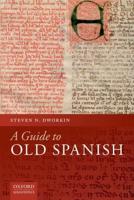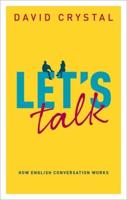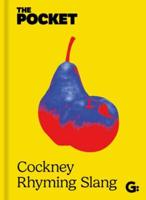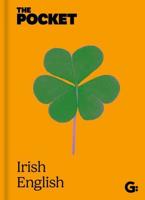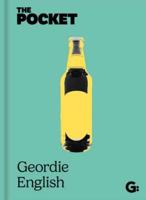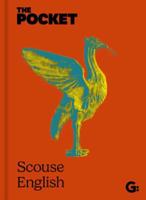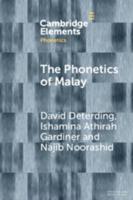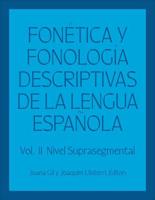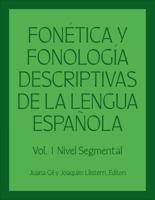Publisher's Synopsis
One of the four main languages of Nigeria is the Igbo language (or Ibo), which is primarily spoken by the Igbo people in southeastern Nigeria. It is a member of the Volta-Niger branch and the Niger-Congo language family, and is renowned for its unique tonal characteristics and extensive cultural heritage.
Key Features of Igbo:
- Tonal Language: Igbo uses tones to distinguish between words that are spelled the same but have different meanings. There are typically two major tones: high and low, though some dialects might have additional tones.
- Dialects: Igbo has numerous dialects, which can vary significantly across different regions. Standard Igbo, developed from the Owerri and Umuahia dialects, is used in education, media, and formal communication.
- Alphabet: Igbo uses a Latin-based alphabet, consisting of 36 letters (including the digraphs "ch," "gb," "gw," "kw," "nw," "ny," "sh," and "ụ"), though some versions of the alphabet exclude certain characters depending on regional orthographies.
- Grammar: Igbo grammar includes a Subject-Verb-Object (SVO) word order. The language is also known for its extensive use of noun classes and prefixes that determine things like gender and pluralization.
- Vocabulary: While Igbo has many native words, there is also a noticeable influence from English, especially in urban centers, due to Nigeria's colonial history.
- Greetings: The way you greet someone in Igbo can vary depending on the time of day, the person's status, or even the season. Common greetings include:
- Kedu (How are you?)
- Ụtụtụ ọma (Good morning)
- Mgbede ọma (Good evening)
Example Phrases:
- Hello: Ndewo
- How are you?: Kedu?
- I'm fine: A dị m mma
- Thank you: Daalụ
- Yes: Ee
- No: Mba

